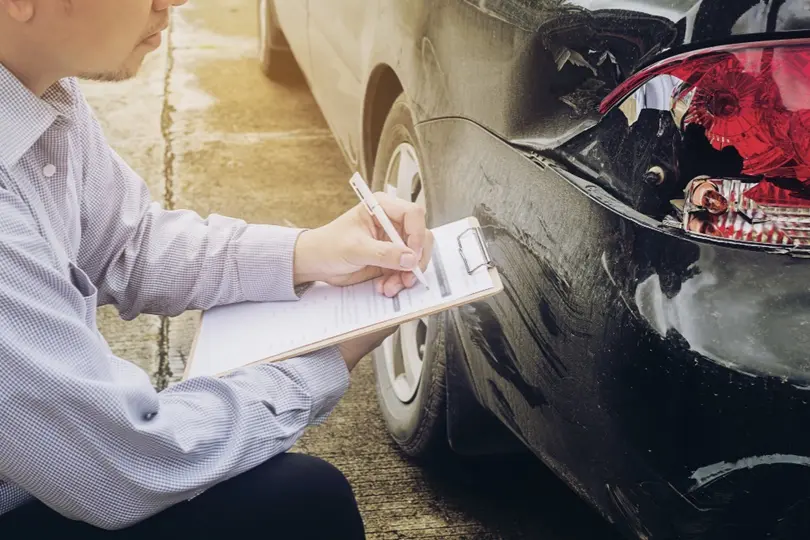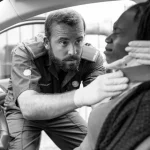
A major car accident can be one of the most traumatic and disorienting experiences a person can face. In the immediate aftermath, emotions run high, injuries may be severe, and the path forward can feel uncertain. While no one ever plans to be in a serious collision, knowing what steps to take after the crash can make a significant difference in your physical, emotional, and financial recovery.
This guide outlines the most crucial steps to take after a major accident, helping you protect your rights, prioritize your health, and navigate the complex aftermath with clarity and confidence.
Prioritize Safety and Medical Attention
The first and most critical step after any major accident is to ensure the safety of everyone involved. If possible, move to a safe location away from traffic and turn on hazard lights. Call emergency services immediately, even if injuries aren’t immediately visible. Some symptoms, such as internal bleeding or concussions, may not present themselves right away.
Paramedics can assess injuries on the scene and transport anyone who needs urgent care. Even if you feel fine, it’s wise to get a medical evaluation as soon as possible. Medical records from the immediate aftermath can also serve as important documentation if legal or insurance issues arise later.
Document the Scene Thoroughly
Once everyone is safe and emergency services are on the way, begin documenting the accident scene if you’re physically able. Use your phone to take photos of vehicle damage, road conditions, traffic signs, and any visible injuries. Capture multiple angles and include wide shots to provide context.
Exchange contact and insurance information with the other driver(s), and gather contact details from any witnesses. Avoid discussing fault or making statements that could be interpreted as admissions of guilt. These details will be crucial when filing insurance claims or pursuing legal action.
Notify Your Insurance Provider

Promptly informing your insurance company about the accident is essential. Most policies require timely reporting, and delays could affect your ability to receive compensation. Provide a factual account of the incident and share any documentation you’ve collected.
Your insurer may send an adjuster to assess the damage or request additional information. Be honest and cooperative, but remember that their goal is to minimize payouts. If the accident was serious or liability is disputed, it may be wise to consult with a legal professional before giving a recorded statement.
Seek Legal Guidance When Necessary
In the case of a major accident—especially one involving serious injuries, significant property damage, or potential long-term consequences—legal representation can be invaluable. An experienced attorney can help you understand your rights, negotiate with insurance companies, and pursue compensation for medical bills, lost wages, and pain and suffering.
Whether you’re dealing with a complex liability situation or simply want to ensure you’re treated fairly, consulting a car accident attorney in Bakersfield or your area can provide peace of mind and practical support. Many attorneys offer free consultations and work on a contingency basis, meaning you don’t pay unless you win your case.
Take Care of Your Mental and Emotional Health
The impact of a major accident isn’t limited to physical injuries. Emotional trauma, anxiety, and even post-traumatic stress disorder (PTSD) are common in the aftermath of serious collisions. It’s essential to recognize these effects and seek assistance if necessary.
Talking to a therapist, joining a support group, or simply leaning on friends and family can aid in emotional recovery. Don’t rush the healing process—give yourself time to process the experience and rebuild your sense of safety and normalcy.
Conclusion
Recovering from a major accident is a journey that involves more than just repairing a vehicle or healing from injuries. It requires careful attention to legal, medical, and emotional needs. By taking the right steps in the aftermath—prioritizing safety, documenting the scene, seeking professional guidance, and caring for your well-being—you can regain control and move forward with strength and clarity. While the road to recovery may be challenging, being informed and proactive can make all the difference.
Photo Credit:
Photo 1, Credit to Freepik || Photo 2, Credit to Freepik (CC0 1.0)



![[Infographic] What Steps to Take After a Car Accident Infographic](https://www.safeandhealthylife.com/wp-content/uploads/2017/03/Infographic.png)
